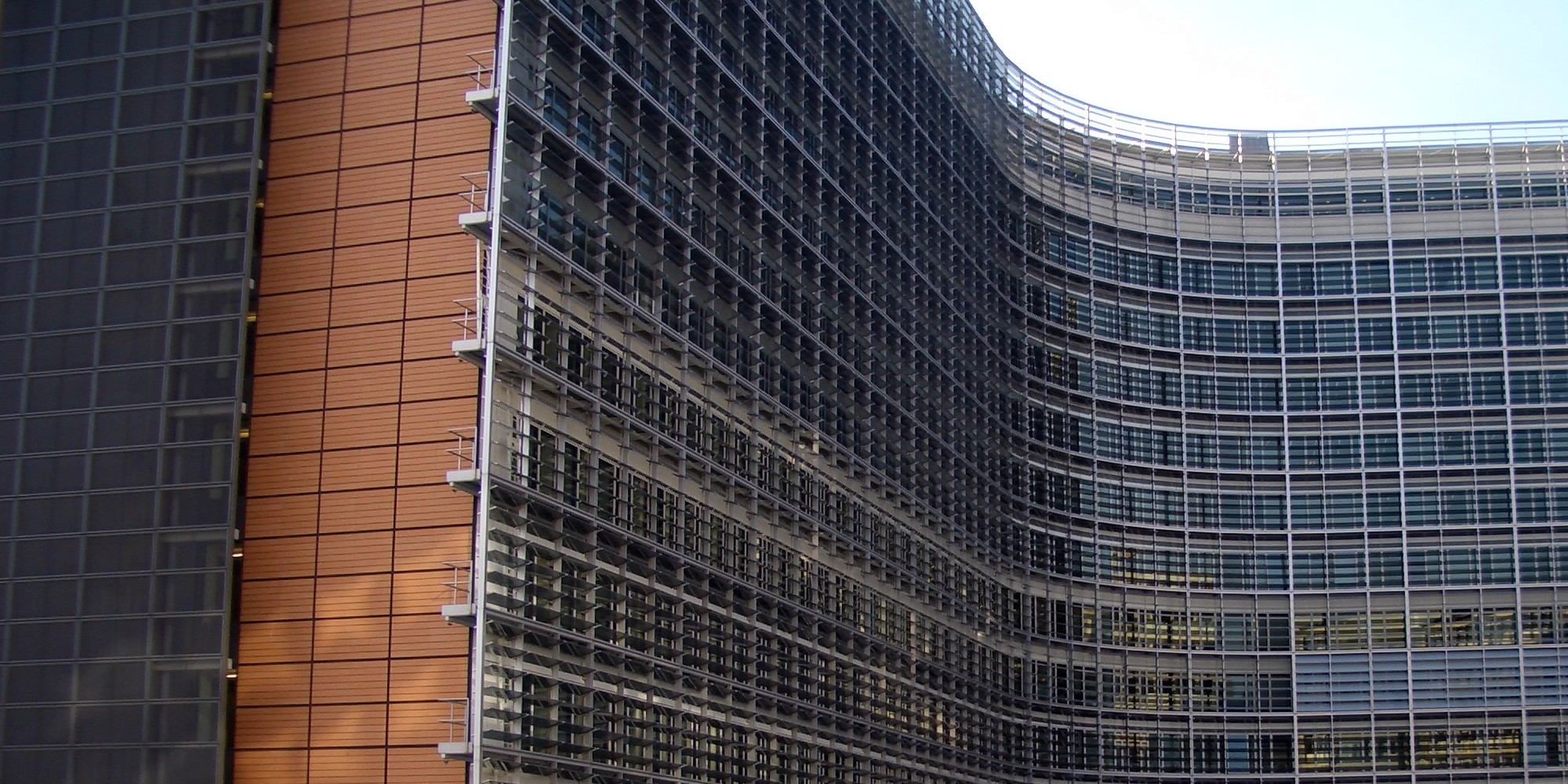Since the various European Communities were formed enlargement has been a tricky topic.
It’s something I looked at when I did my Masters degree in European Studies. The original European Coal and Steel Community were joined in 1957 by the European Economic Community and Euratom. These ‘European Communities’ became the European Union in 1992, with the Communities forming one ‘pillar’, alongside pillars for the Common Foreign and Security Policy and cooperation in Justice and Home Affairs, before all being merged on 2009 as a single European Union body
When the Luxembourg and Helsinki ‘groups’ of central and east European counties 1 were trying to join at the start of the 21st century, they had to adopt the current EU laws – called the acquis, short for Acquis Communautaire. To make things easier, the acquis was broken down into 31 negotiating chapters. Current applicants have 35 chapters to cover.
Clearly, the best and easiest way to disengage from the European Union is to break down everything into 35 chapters. Start with the easy ones, leave the tough ones for later (this is what happens during enlargement). Then write and enact the Great Repeal Bill to repeal the bits we’re not keeping. Simples.
Quick wins
Withdrawing from the Common Agricultural Policy is an obvious UK ‘win’ – but I find it hard to believe that we will go back to 240V for main electricity. It was 240V when I were a lad, and 220V on the continent. We split the difference and we’re now on 230V throughout.
Then there’s Persons with Reduced Mobility – Technical Specifications for Interoperability. This is the reason Pacers will be withdrawn, and the class 43 Mark 3 coaching stock will need to be modified. It’s an EU regulation, but it’s one of those occasions where the existing UK legislation was more stringent than that proposed by the Commission. So they went with our higher standard.
It’s quite likely that there will be a lot of the acquis we agree with. Most of it, I’d wager, apart from the big ticket items such as on the free movement for workers. The UK and the EU agree on much more than they disagree on.
A two-speed Europe?
Ironically, France and Germany are now pushing for more of the two-speed Europe that once seemed anathema to the European ideal. There’s already a bit of that; The UK are Ireland not being fully part of Schengen for example (although Norway is). The UK and Denmark aren’t members of the Eurozone (but Kosovo, Monaco and the Vatican City are).
If the acquis could be broken down into larger, interconnected clumps rather than 35 chapters, the UK might not have left because it out opt out of more than it already does. Or it might find it easier to rejoin, even if only parts. I always felt that membership of the ‘union’ meant reaching a minimum set of standards; free elections, independent judiciary, that sort of thing. Everything else is a bonus.
You know what we need? A really good Inter-Governmental Conference. One for the policy wonks and sadists!
Current acquis chapters (because I know you’re interested)
- Free movement of goods
- Freedom of movement for workers
- Right of establishment and freedom to provide services
- Free movement of capital
- Public procurement
- Company law
- Intellectual property law
- Competition policy
- Financial services
- Information society and media
- Agriculture and rural development
- Food safety, veterinary and phytosanitary policy
- Fisheries
- Transport policy
- Energy
- Taxation
- Economic and monetary policy
- Statistics
- Social policy and employment
- Enterprise and industrial policy
- Trans-European networks
- Regional policy and coordination of structural instruments
- Judiciary and fundamental rights
- Justice, freedom and security
- Science and research
- Education and culture
- Environment
- Consumer and health protection
- Customs union
- External relations
- Foreign, security and defence policy
- Financial control
- Financial and budgetary provisions
- Institutions
- Other issues
- Named for the Council meetings at which they were accepted for the enlargement process[↩]
